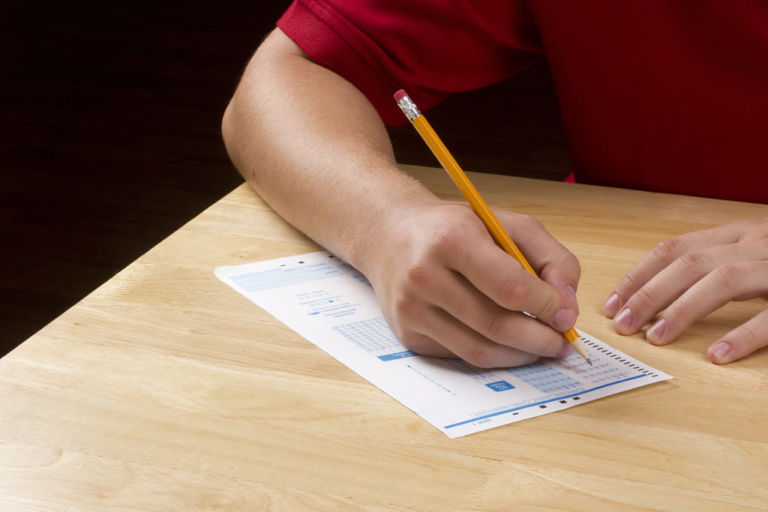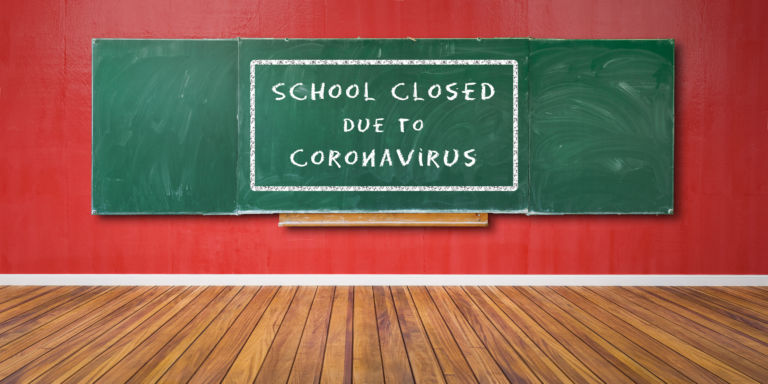In a new National Bureau of Economic Research (NBER) study, a quartet of Ivy League professors examined an open enrollment public school choice program implemented by the Charlotte-Mecklenburg Schools (CMS) in 2002. They found,
Among applicants with low-quality neighborhood schools, [program] lottery winners are more likely than lottery losers to graduate from high school, attend a four-year college, and earn a bachelor’s degree. They are twice as likely to earn a degree from an elite university (e.g., Duke, UNC-CH). The results suggest that school choice can improve students’ longer-term life chances when they gain access to schools that are better on observed dimensions of quality.
Destination schools did not spend more money or have significantly different student populations than the assigned, low-quality neighborhood schools.
For students with low-quality neighborhood schools, winning the lottery amounts to moving them from one of the lowest-quality public schools to an average-quality school within a large urban district. The schools had access to similar levels of resources and were managed under the same set of rules and constraints. Remarkably, the change in student racial composition and measures of peer quality such as average test scores was quite small.
Unlike lottery winners from low-quality neighborhood schools, there were no measurable benefits on lottery winners from high-quality neighborhood schools.


